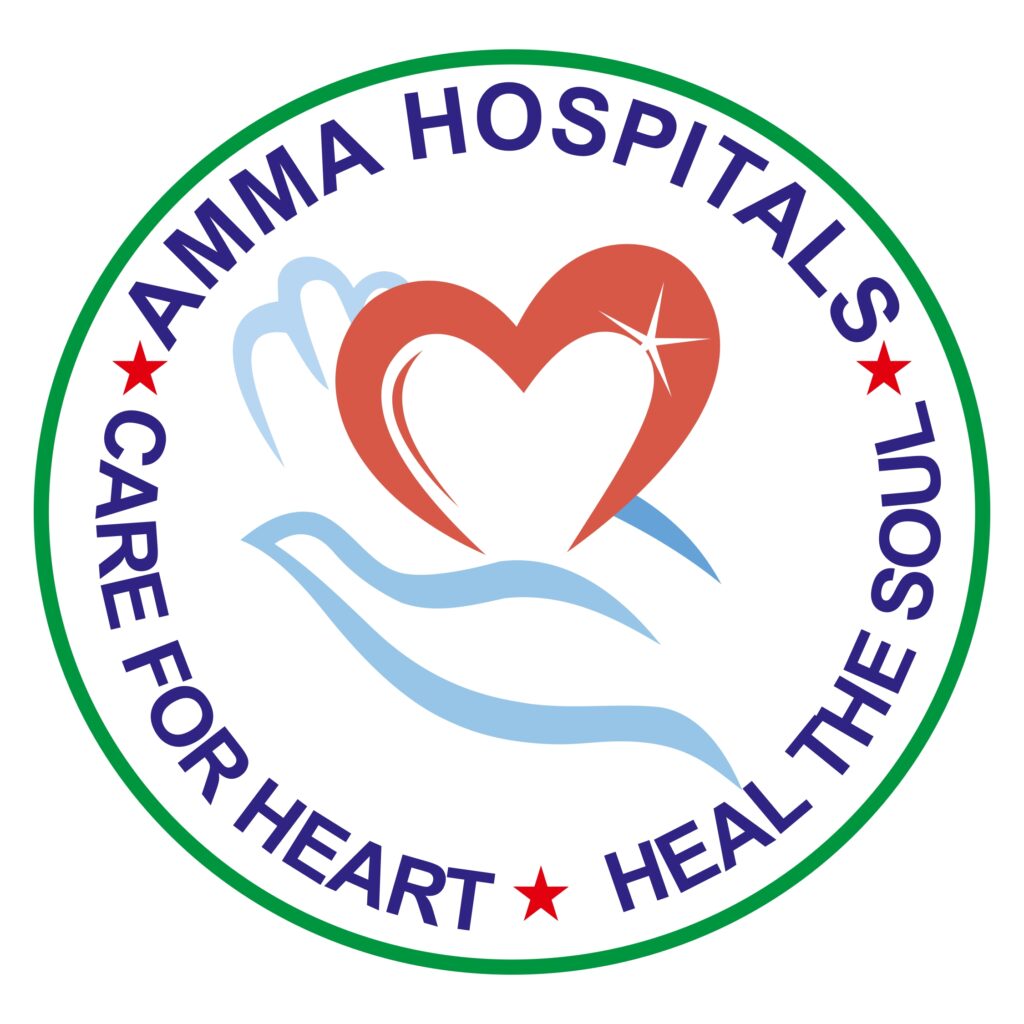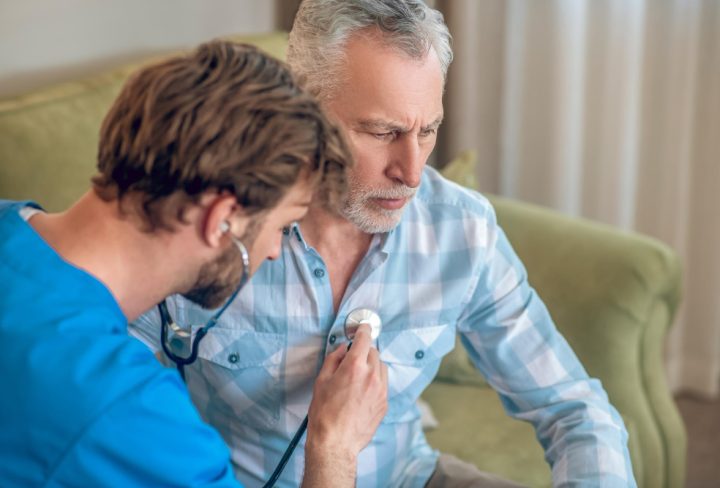Arrhythmias are problems with the way your heart beats. Usually, your heart beats in a steady rhythm. However, with arrhythmias, the heartbeat can be too fast, too slow, or irregular. Sometimes, it may feel like your heart skips a beat. Because arrhythmias can affect blood flow, they may cause symptoms or even lead to serious health issues. According to the World Health Organization (WHO), arrhythmias are a common heart rhythm disorder worldwide.
Common Symptoms of Arrhythmias
Arrhythmias can cause many different symptoms. Some people may not notice any signs. Still, it is important to know what to look for. For example, you might feel:
Sometimes, these symptoms come and go. But if you notice them often, you should talk to your doctor.
Causes and Risk Factors
Arrhythmias can happen for many reasons. Often, they are linked to changes in the heart’s structure or electrical system. Some common causes and risk factors include:
Additionally, older adults are more likely to develop arrhythmias. But young people can have them too.
How Arrhythmias Are Diagnosed
Doctors use several tests to find out if you have an arrhythmia. First, they will ask about your symptoms and health history. Then, they may use tests such as:
With these tests, your doctor can find the type and cause of your irregular heartbeat.
Treatment Options for Arrhythmias
Treatment depends on the type and cause of your arrhythmia. Sometimes, no treatment is needed if the arrhythmia is mild. However, if you have symptoms or risks, your doctor may suggest:
Because each person is different, your doctor will choose the best treatment for you.
Prevention Tips and Healthy Lifestyle Guidance
While you cannot always prevent arrhythmias, you can lower your risk. For example, you can:
By following these steps, you can help keep your heart healthy and lower your risk of heart rhythm disorders.
When to Seek Medical Help
If you notice symptoms like chest pain, fainting, or severe shortness of breath, seek help right away. Even if your symptoms are mild but happen often, it is wise to see a doctor. Early care can prevent serious problems. Remember, many arrhythmias are treatable with the right care.
For personalized advice about arrhythmias or concerns about your heart rhythm, consult a cardiologist. Your heart health matters.


